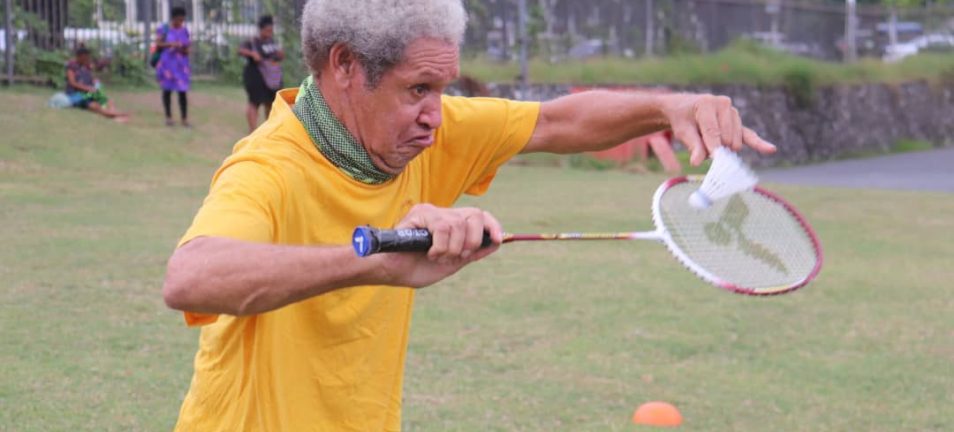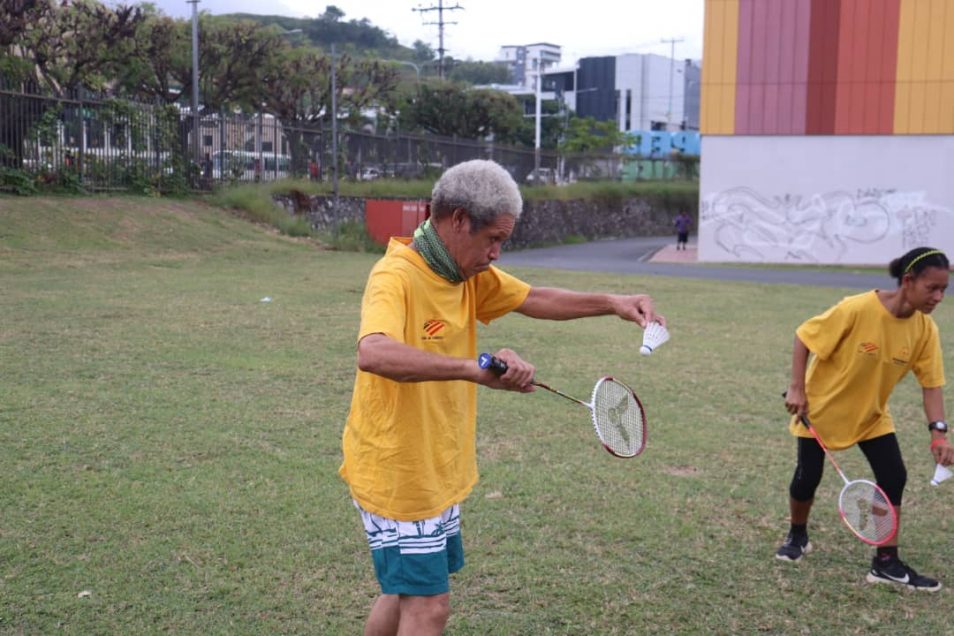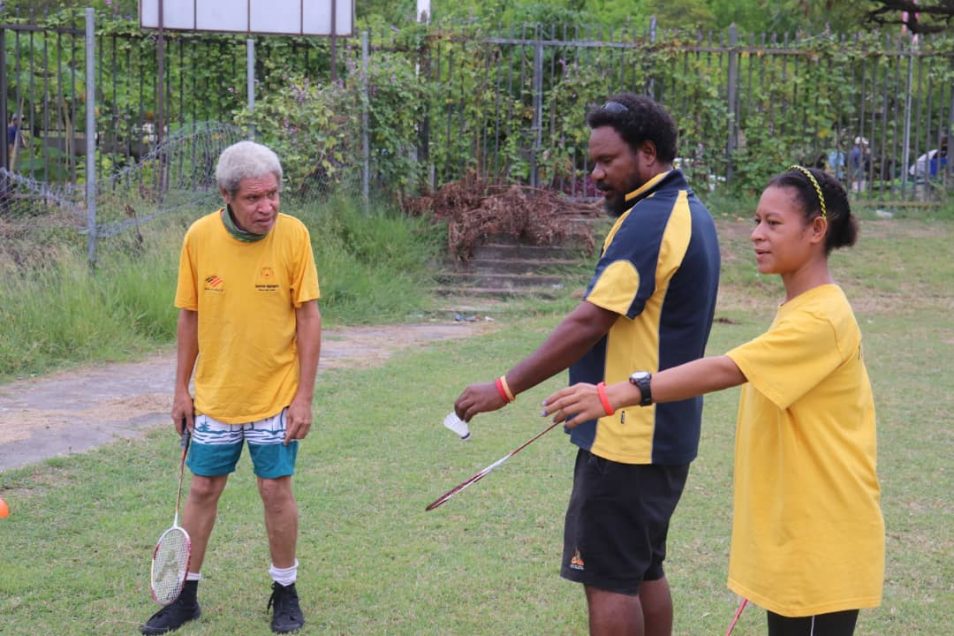
Josh: What common misconceptions or stereotypes about autism frustrate you the most?
Raphael: Sometimes people mistreat me or look down on me, but I continue to live my life spreading awareness that people with intellectual disabilities are just like everyone else. In my home country of Papua New Guinea, there is a stigma attached to people with intellectual disabilities, especially those with autism. Many of us are locked at home and cared for by our parents. Not many of us go out in public.
Josh: Do you find it difficult at times to stay home just because you have autism when you really want to go out and be in the world?
Raphael: Yes, it’s very difficult, and to add onto that, I have trouble hearing as well. There are moments like when I’m playing sports for Special Olympics where I’m happy to be outside and in the world, but just like anyone else, there are moments where I prefer to just stay at home.
Josh: What would you most want people to understand about your autism?
Raphael: I was a council member with Special Olympics Asia Pacific region, and I had the opportunity to travel to the United States to share my experiences. In countries like the United States, there’s a lot more recognition of people with intellectual disabilities, especially those living with autism. In my home country of Papua New Guinea, there is very little support or welfare services for those of us with intellectual disabilities. People like this typically do not go to school, and many times, their families are frustrated with them so they are neglected. As for me, I live in a disability services home where I’m taken care of by the staff. I will continue to spread awareness here in Papua New Guinea through my participation in Special Olympics sports and other means including radio, television, and newspaper interviews so the local government will recognize people with intellectual disabilities, especially those with autism, as full members of society.


























